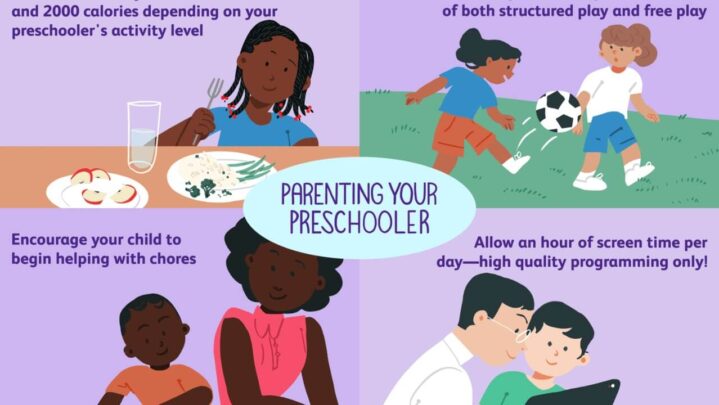So what can a parent do in response to their child’s strong emotions? Here are five suggestions to help you remain calm so you can assist your child the best possible during those critical times.
1) Remain calm and keep in mind that it all starts with you and me. Before we can support our children through their strong emotions, we must be aware of our own. Instead of reacting to our children, it’s crucial to respond to them. Every parent has “lost their cool” at some time, but to react to our child’s strong emotions by letting our own run wild is useless in the long run and just helps to intensify an already tense situation, so take a minute to breathe before reacting.
2) Name it. Children lack the words to express their emotions, despite the fact that humans have a need to be seen and understood. Giving kids assistance in recognizing and naming their emotions gives them that language. “You seem depressed right now,” or “It seems like you could be furious.” “I’m wondering whether you’re terrified right now.” You appear to be hurt, I get the sensation.” Here are a few illustrations of ways to support children with naming and identifying their emotions.
3. Validate and connect – Validating another person’s emotional experience results in a win-win situation. When we affirm other people, we are demonstrating our compassion and acceptance. It communicates deference and fosters trust in the partnership. Tell your youngster that their feelings are important and worth expressing. Permit them to feel and experience those feelings.
4) Distinguish between the behavior and the feeling. To be honest, even adults frequently have trouble grasping the concept that a behavioral reaction to an emotion is distinct from the emotion itself. Without endorsing certain actions, we may acknowledge our child’s feelings. Emotions are what we experience within, and conduct is how we react.
5) Help them develop their emotional management abilities. The capacity to control our emotions in healthy ways is known as emotional regulation. Discuss appropriate methods with your child and work on such techniques with them. Funnify it. Teach them several methods of breathing.
Source – simipsychologicalgroup
Also Read: Here Are 15 Things Parents Should Never Say To Their Kids In Interactions With Them





